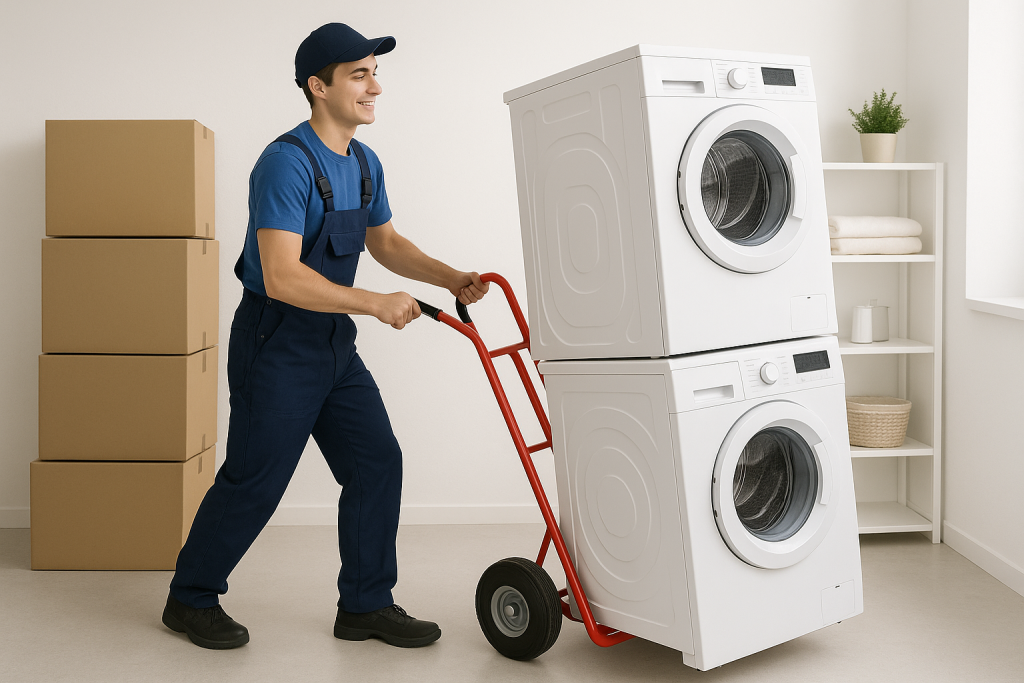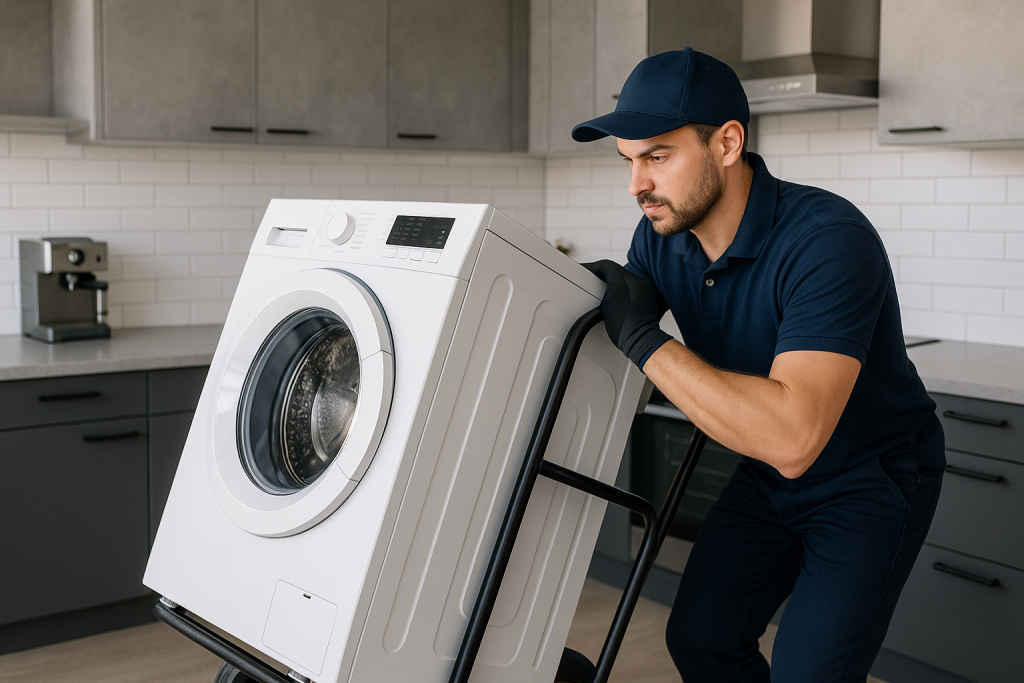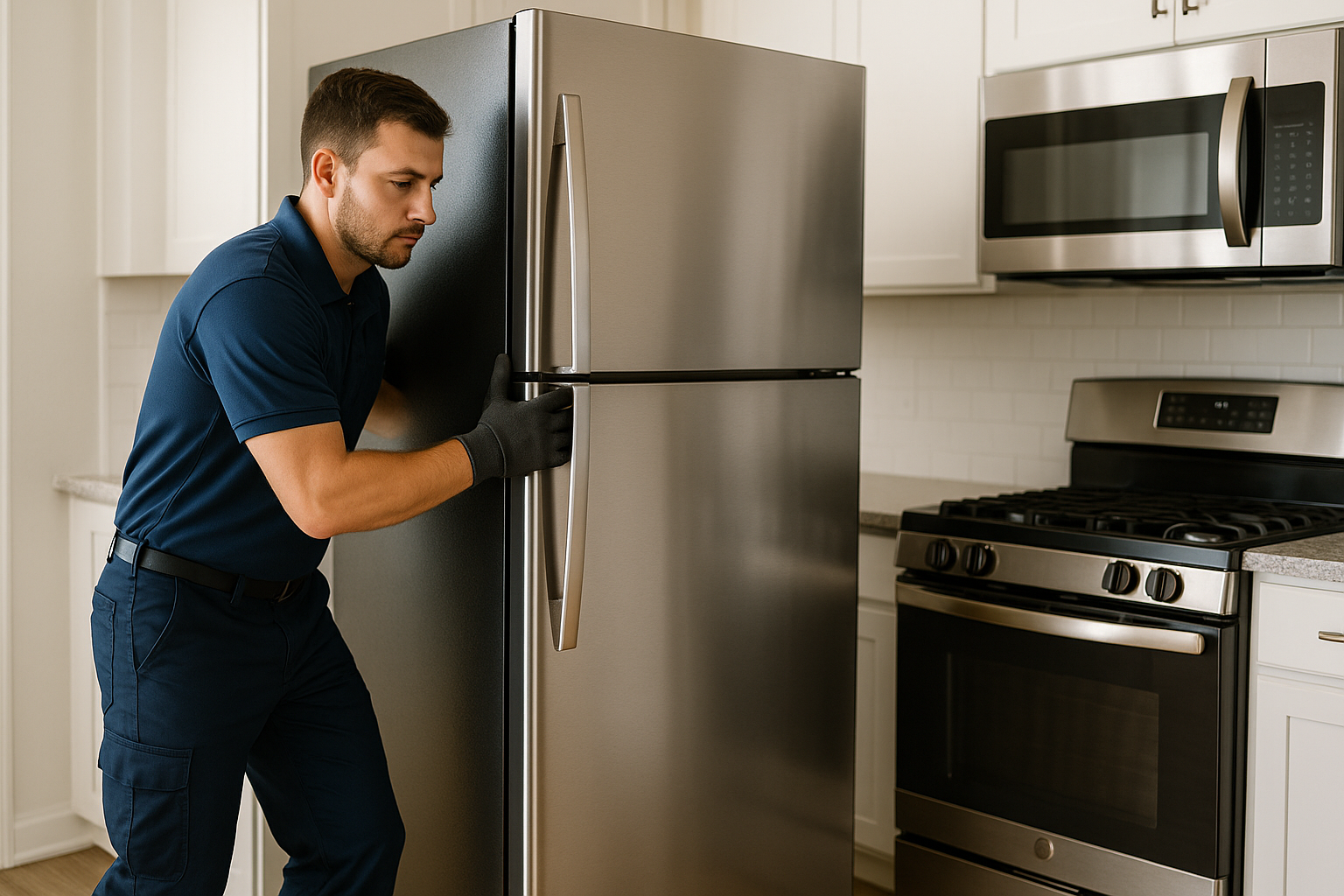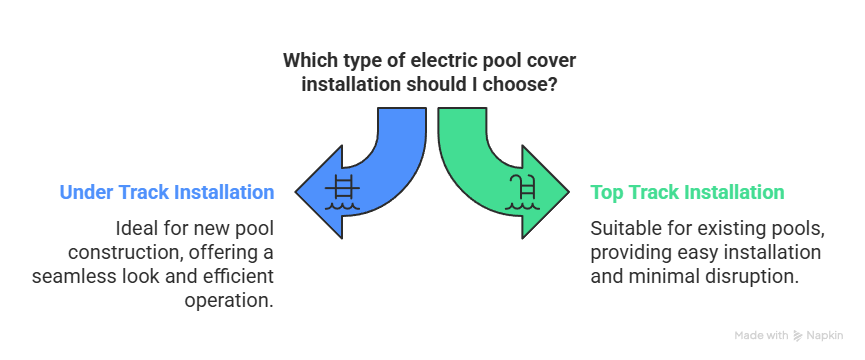Relocating heavy appliances can be daunting. Whether you’re moving to a new home or business location, large items like refrigerators, washers, and stoves can be difficult to transport. Thankfully, appliance movers are here to make the process simpler. These professionals bring the right equipment, expertise, and safety protocols to ensure your appliances are moved quickly and without damage. In this article, we’ll dive into how hiring professional appliance movers can make your move smoother.
Expert Handling of Heavy Appliances
Moving large appliances requires more than just muscle. Appliance movers are trained to safely handle bulky items without causing harm to your property or the appliances themselves. Their experience ensures that they know exactly how to lift and transport these items without the risk of injury or damage.
Why Expertise Matters:
- Avoid Damage: They know how to protect your appliances from scratches, dents, or other damage.
- Efficient Moves: Professionals can safely navigate tight spaces, stairs, and doorways, ensuring that all items are moved securely and without damage.
Safety Benefits for You and Your Home
The process of moving heavy appliances is not only complex on your back but can also cause damage to your home if not done carefully. By hiring heavy appliance movers near me, you ensure that professionals handle the lifting and maneuvering. They come equipped with the right tools to prevent damage to walls, floors, and doors.
Safety Features of Professional Movers:
- Proper Lifting Techniques: Movers are trained to avoid injury and use correct lifting methods.
- Protection for Property: They use moving blankets and other protective equipment to safeguard your home.
Access to Specialized Tools

Moving large appliances requires specialized equipment that many homeowners don’t own. Commercial appliance movers bring dollies, ramps, lifting straps, and other necessary equipment to handle the move. These tools are essential for keeping your appliance secure and preventing any damage during transportation.
Key Tools for Appliance Moving:
- Dollies and Ramps: These help in smoothly moving appliances without dragging them across the floor.
- Lifting Straps: Professionals use these to lift heavy items without straining themselves or causing damage safely.
Save Time and Effort
Moving appliances on your own can take hours, and without the proper knowledge, it can be a frustrating experience. Appliance moving services allow you to free up time by letting the professionals handle the heavy lifting. You can focus on other parts of the move, knowing that your appliances are in good hands.
Time-Saving Benefits:
- Faster Moves: Professionals work efficiently to get your appliances to their new location quickly.
- No Hassle for You: Avoid the stress of figuring out how to transport large items yourself.
Insurance for Peace of Mind
One of the most significant advantages of hiring appliance moving companies is that they provide insurance coverage for your appliances. If anything goes wrong during the move, you’re covered. This adds an extra layer of peace of mind that you wouldn’t get if you were moving appliances yourself.
What’s Covered by Insurance:
- Damage to Appliances: If your appliances are damaged during the move, you’re compensated.
- Home Damage: Insurance also covers any accidental damage to walls, floors, or doors in your home.
Cost-Effective in the Long Run
Although hiring professionals might seem like an extra expense, it can save you money in the long run. Damaged appliances or property can result in expensive repairs. When you hire professional appliance movers, you avoid the risk of costly damage, ensuring that your appliances arrive safely.
Why It’s Worth the Investment:
- Avoid Repair Costs: Preventing damage means no need for costly appliance or property repairs.
- Efficiency Equals Savings: Professionals complete the move in less time, which can reduce labor costs and stress.
FAQ Section
Q1: What appliances do professional movers handle?
Professional movers can transport a wide range of appliances, including refrigerators, stoves, washers, dryers, and commercial kitchen equipment.
Q2: How much does it cost to hire appliance movers?
The cost of hiring appliance movers varies, typically ranging from $100 to $500, depending on the size of the move and the distance involved.
Q3: Are my appliances insured during the move?
Yes, most professional moving companies offer insurance to protect both your appliances and property.
Q4: How early should I schedule professional movers?
It’s best to schedule at least a week or two in advance to ensure availability.

Hiring appliance movers can significantly reduce the stress of moving heavy items. From ensuring safety and preventing damage to saving time and money, professional movers offer numerous benefits. Whether you’re looking for heavy appliance movers near me or require commercial appliance movers, choosing the right moving company ensures your appliances are in capable hands. Save yourself the hassle and ensure a smooth move by hiring professional movers today.
Buzzmoving pairs you with trusted movers nationwide for an easy, stress-free relocation. Get your free quote today and let our experts manage the details!



